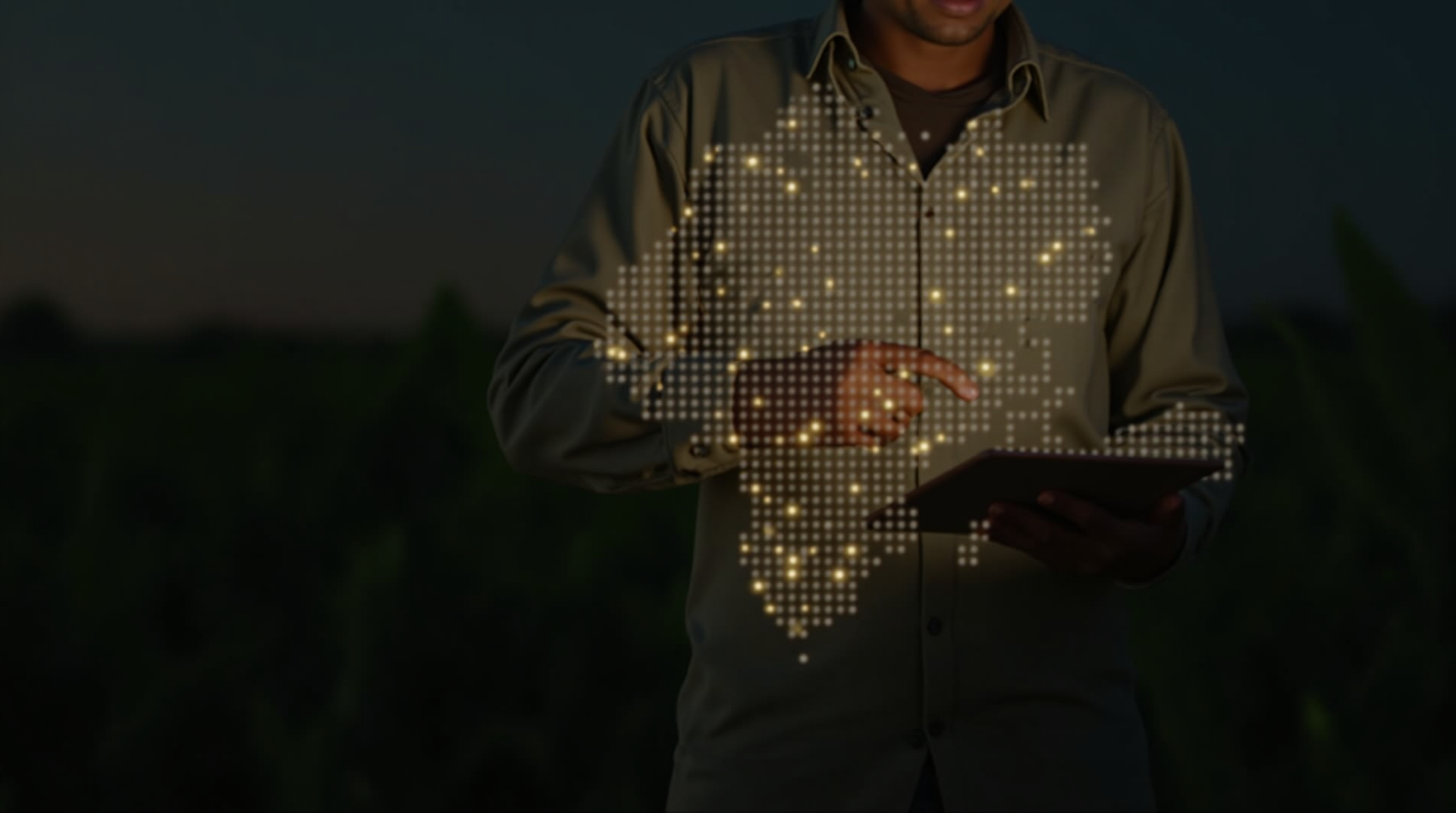Overview and Goals
Afrikabal is building an integrated system on the Lisk blockchain to streamline payments, track item history, and facilitate market access for small-scale farmers in Kenya, Uganda, and Ghana. By 2030, the goal is to significantly scale the agricultural sector’s value by directly linking local producers with international buyers. This approach reduces supply chain friction, minimizes post-harvest losses, and increases farmer incomes . Recognized as a top innovator by the World Food Prize Foundation, Afrikabal aligns external validation with its growth strategy, emphasizing sustainable trade and economic resilience.
Technology, Governance and Challenges
The platform leverages Lisk’s JavaScript-based blockchain, designed for decentralized applications (dApps), to ensure technical interoperability and community-driven governance through the Lisk DAO. This decentralized structure encourages broad participation while maintaining transparency . A core feature is item history tracking, which creates immutable records of product provenance. This not only meets regulatory requirements but also supports environmental accountability, such as carbon credit verification, simplifying exports and documentation for international markets.
However, challenges remain. Initial setup and operational costs, scalability constraints, regulatory uncertainties, and network interoperability pose hurdles . Decentralized infrastructure is critical to include rural farmers; without it, issues like financial exclusion and food insecurity persist, affecting adoption rates and necessitating collaboration with banks and trade organizations.



